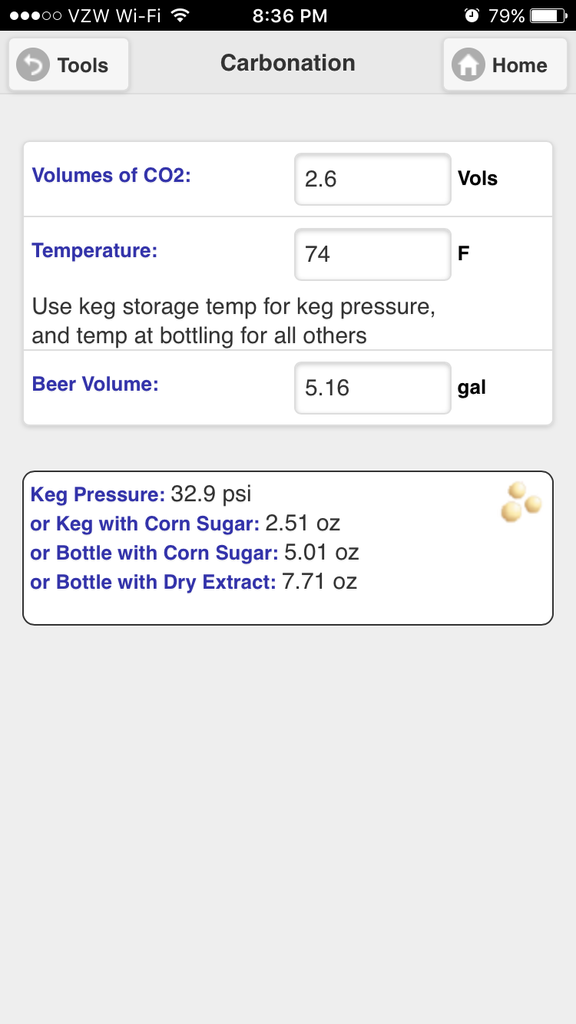I currently keg in 1/6 bbl Sankey kegs. I use a standard coupler with the check valves removed to fill via gravity. I use a funnel to add the water/priming sugar solution first, then rack the beer on top until it pours out of the gas in line. Thus I have a completely full keg with no headspace and no air inside.
I haven't really been getting good carbonation. I usually have to do some 30 psi rocking when i put it into the kegerator before it's carbed enough to drink. I'm letting the kegs go two weeks at room temperature. Is the lack of headspace affecting it? Or does it just need longer than two weeks?
In case you're wondering why I naturally carb, I'm trying to save space in the kegerator and also not buy another coupler and tank to carb with.
Any ideas?
I haven't really been getting good carbonation. I usually have to do some 30 psi rocking when i put it into the kegerator before it's carbed enough to drink. I'm letting the kegs go two weeks at room temperature. Is the lack of headspace affecting it? Or does it just need longer than two weeks?
In case you're wondering why I naturally carb, I'm trying to save space in the kegerator and also not buy another coupler and tank to carb with.
Any ideas?




